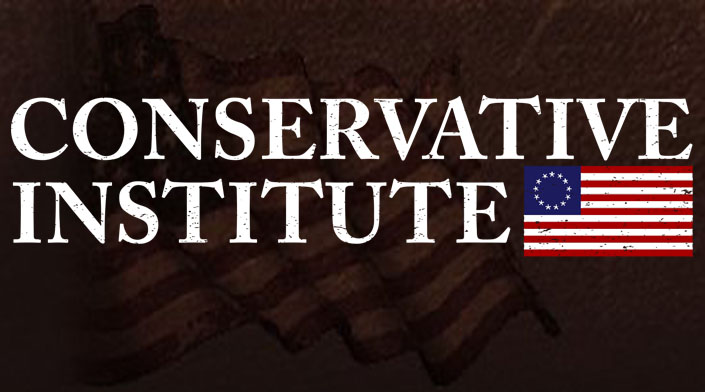White House limits reporter access over security breaches
Hold onto your press passes, folks—the White House just dropped a bombshell on media access that’s got journalists scrambling for appointments.
The once-open corridors of the Upper Press office are now locked down after reporters were caught secretly recording staff and trying to overhear sensitive discussions, prompting Press Secretary Karoline Leavitt to enforce an appointment-only policy for security reasons.
For decades, reporters roamed freely in the press secretary’s domain, popping in with questions or just lingering for a scoop.
Security concerns prompt drastic change
That all changed on Wednesday when Leavitt announced a halt to unrestricted access, citing serious breaches of trust.
Multiple incidents of journalists loitering near sensitive information, eavesdropping on private meetings, and even heckling officials during briefings forced the administration’s hand.
Let’s be frank—when you’ve got reporters sneaking around the West Wing with recording devices, it’s not just bad manners; it’s a national security risk.
Reporters caught in unethical acts
Assistant to the President and White House Director of Communications Steven Cheung backed up the decision, revealing that some journalists were caught capturing video and audio without permission.
Others slipped into restricted areas, hoping to catch a snippet of classified chatter—an audacious move that undermines the very trust the press claims to uphold.
While the progressive crowd might cry foul over “transparency,” let’s ask: since when does transparency mean spying on staff?
Leavitt explains new appointment system
Leavitt didn’t mince words about why this shift was necessary, especially since she and Cheung have taken on National Security Council duties following Secretary Rubio’s move to National Security Advisor.
“We have taken over the responsibilities of the National Security Council, thanks to the restructuring of Secretary Rubio when he became National Security Advisor. Steven Cheung and I are responsible for all communications matters, including national security,” Leavitt stated.
“And so we felt it became very inappropriate for reporters to be loitering around sensitive information in our offices. And we did, unfortunately, catch some unruly reporters recording us without our permission, listening in on conversations, eavesdropping,” she added.
Balancing access with responsibility
The new rules mean no more casual drop-ins—reporters must schedule appointments to enter the Upper Press office.
Despite the outcry on social media, Leavitt noted that many journalists have privately accepted the system as long as they can still secure time for updates.
Leavitt herself remains committed to engaging with the media, juggling her packed schedule of Oval Office meetings and presidential briefings to ensure the press gets their fair share of face time, proving that access isn’t dead—just better guarded.

